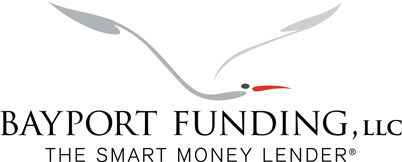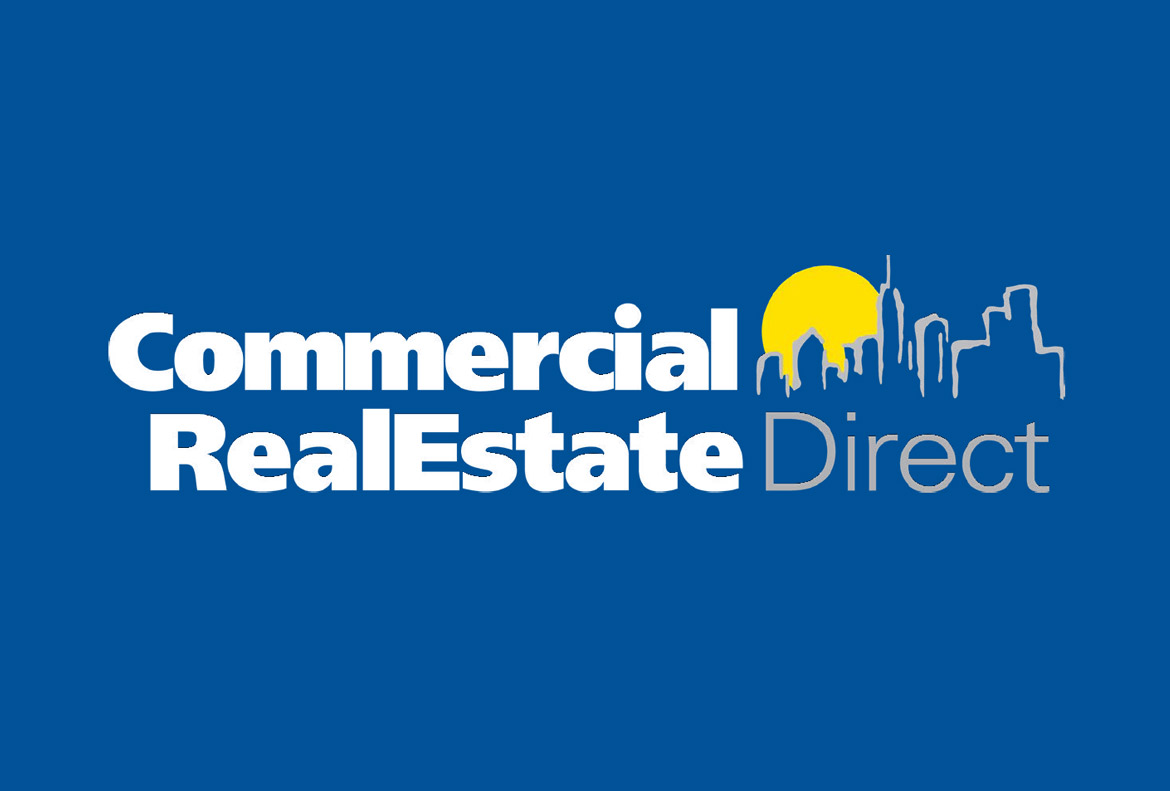Bayport Funding has geared up to accelerate its lending efforts and expand its geographic reach.
The New York alternative lender has done that by lining up a $200 million senior credit facility from a group of banks led by Webster Bank. That will allow it to potentially double its annual lending production to about $500 million. It also will allow it to broaden its geographic reach to include more of the eastern seaboard.
Most of its lending is done against properties in the New York Tri-state area and Florida. It now aims to lend against properties in the Washington, D.C., and Boston areas, as well as the Carolinas and Georgia. The company also has lent against properties in the Dallas area.
Bayport is led by Ami Bar-Mashiah, a long-time lender who had founded the company in 2011 with Jane Gol, a developer, and Marcia Kaufman, who earlier this year was named chief executive. Kaufman had joined in 2018 as president from CoreVest Finance.
The company has carved out a niche for itself by focusing on providing short-term loans with small balances in the residential sector. It services and asset manages its originations and typically retains all its loans on its balance sheet. It has a loan servicing portfolio of roughly $320 million.
The company started by offering loans to investors orchestrating fix-and-flip strategies on single-family homes and, while it still does, has broadened its business to include single-family rentals, relatively small multifamily properties and mixed-use properties with large residential components that are undergoing renovations or redevelopments. It also provides financing for ground-up residential developments. Its loans typically have one-year terms and could be structured with extension options. It also will write an 18-month loan for a project’s development. It also can write 30-year loans with fixed coupons, generally selling them to Freddie Mac. All its loans are written with personal guarantees. Bayport’s business offerings have grown as its clients have shifted strategies, Kaufman explained. “Borrowers might start with us doing a fix-and-flip… Over time, they might do 15,” she explained. “Then maybe they’re borrowing $6 million” for a small multifamily property. “We’ve worked with them all along,” she said, calling the bulk of the company’s growth, “organic.”
Kaufman noted that lending relatively small amounts “is not juicy enough for most lenders, so we fill a very important niche in the market. We’ve grown with our borrowers.” In fact, its those borrowers that have prompted the company to explore opportunities like in Dallas, where it expects to continue to do business. The company sticks to markets with healthy job and population trends and where it can establish relationships with third-party service providers, including appraisers.
The credit facility that Webster provide is not a warehouse line. While Bayport has been a long-time client of the bank’s, the credit is its largest borrowing ever.
Given its history, Bayport’s existing book of business has a 60 percent concentration in the single-family rental sector and the remainder is comprised largely of small multifamily assets.
The company underwrites its loans with an exit to a permanent loan in mind. As a result, it closely monitors the housing-finance agencies’ lending parameters. It typically sizes its loans to roughly 80 percent of cost for an existing property that’ll undergo renovations and up to 100 percent of cost for a development project, as long as the loan amount doesn’t exceed 65 percent of the collateral property’s ultimate value. Its loans typically are priced with a premium over SOFR that’s usually 700 to 770 basis points.
“Our ability to be prescient and stay agile in the market has been one of our key differentiators,” Kaufman said. “Especially at a time when institutional lenders are staying more conservative, our alternative capital provides bespoke solutions that can help owners move forward, grow their portfolios and achieve significant returns.”

